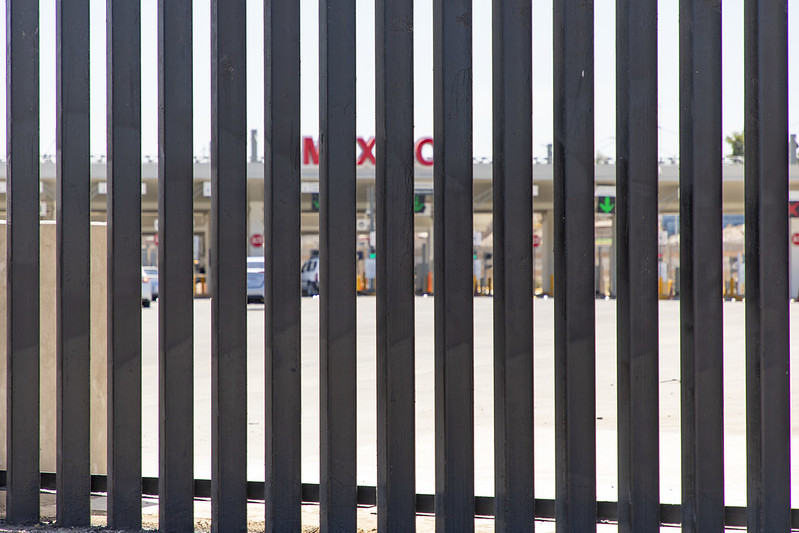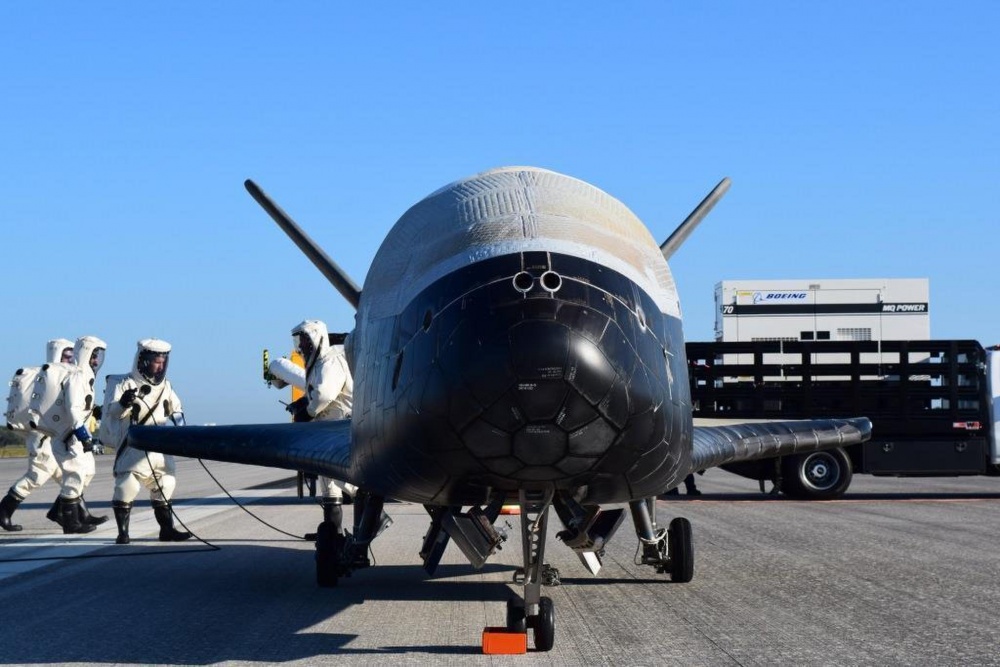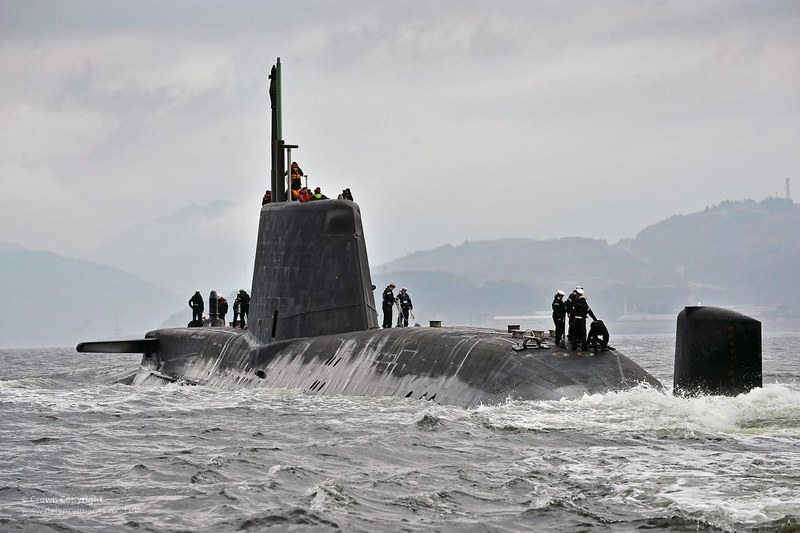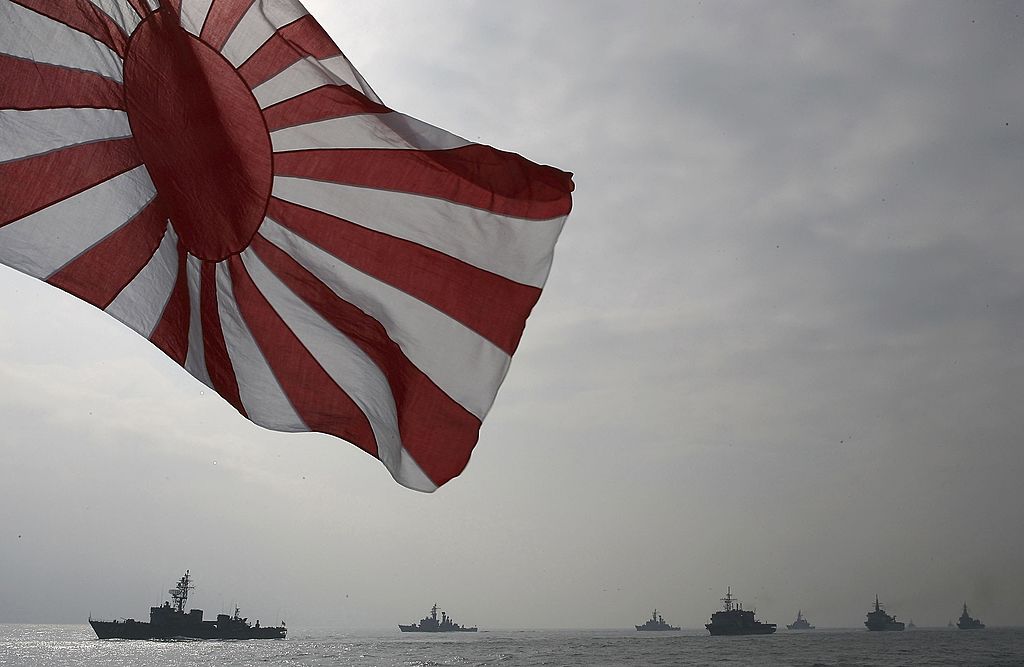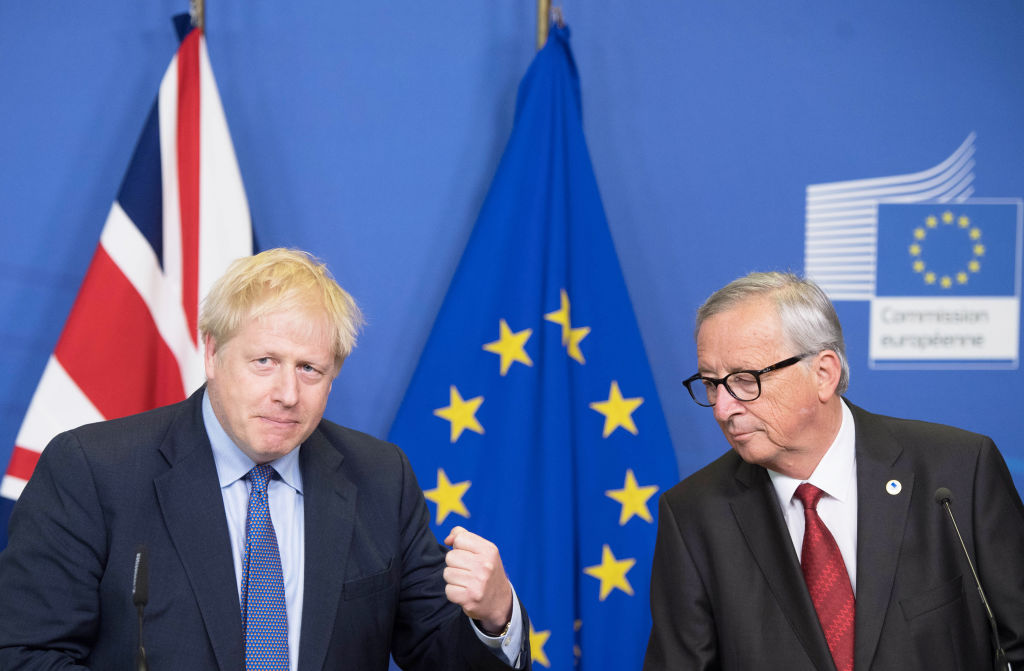ASPI suggests

The world
The US State Department has released a report highlighting how the US is engaging with its partners to implement its strategy of improving economics, governance and security in the Indo-Pacific. Interestingly, strengthening US relations with Taiwan, including by contributing to the country’s deterrence capabilities, takes a prominent position in the document. The Diplomat offers a brief overview of the report. War on the Rocks puts forward the idea of bolstering the US Coast Guard presence in the Indo-Pacific to reflect President Donald Trump’s prioritisation of the region. Curiously, there are currently no US Coast Guard vessels operating west of Guam. Dive into Shyam Saran’s article in The Tribune to see India’s growing place in the Indo-Pacific, even though it has no significant operational deployments in the region.
There’s plenty to absorb and dissect from the summits held in Bangkok this week; the most significant, of course, was the signing of the Regional Comprehensive Economic Partnership, the biggest free trade agreement in the Indo-Pacific. Peter Drysdale and Adam Triggs’s article in the Financial Review presents a convincing argument about the merits of RCEP and its benefits for Australia and the region. India’s decision not to join RCEP for now may be a blessing in disguise, as Jeffrey Wilson points out in The Interpreter.
Much has been written about why India chose to walk away from RCEP at the last minute. Indrani Bagchi explains it well in the Times of India. The Print describes India’s RCEP dilemma as that of being caught between a rock and a hard place. The Diplomat has an excellent article arguing how this ‘geoeconomic misstep’ could be the undoing of Prime Minister Narendra Modi’s ‘act east’ policy.
The US president’s decision to skip the East Asia Summit sent a poor signal to the region. This article in The Diplomat fleshes out what might be achieved in the proposed US–ASEAN summit to be held in the US next year. On that note, check out Joshua White’s new article in India Review that looks at Washington’s approach to China and India, and whether it’s playing one off against the other in the Indo-Pacific.
It has been apparent for a few months (or centuries) that Japan and South Korea aren’t getting along; the brief meeting between Japanese Prime Minister Shinzo Abe and South Korean President Moon Jae-in on the sidelines of the ASEAN+ summits didn’t achieve much. Read this great explainer in War on the Rocks for a detailed look at the ongoing dispute and what it means for the region.
News has broken of a new peace deal in Yemen between the internationally recognised government under President Abdrabbuh Mansur Hadi and separatists in the south of the country. This is a small victory for Saudi Arabia as more of Yemen unifies against the Iran-backed Houthi rebels. Writing for Al Jazeera, Ali Younes is unconvinced the peace deal will bring an end to the conflict as the Saudi crown prince has claimed. The Carnegie Endowment notes that Trump has the power and the opportunity to end the war but has yet to do so.
Is a new Middle East emerging? Two great articles highlight the changes that are occurring throughout the region. First off, Mohammed Ayoob for The Strategist discusses whether the Middle East is entering a post-sectarian era as protests continue in several countries and sects join forces to challenge the established parties. And the International Policy Digest highlights the realignment of some regional powers that have historically been adversaries and the impacts this will have.
Quickly to Europe, where, according to The Guardian, the Brexit turmoil is symbolic of wider upheavals across the continent, and see Bloomberg for a piece echoing the call of the International Monetary Fund for Europe to brace itself for an economic slump.
Tech geek
The Drive has a fascinating article which sheds some light on the US Navy’s development of a little-known advanced electronic warfare program known as NEMESIS. According to the article, NEMESIS is a system designed to project an ‘ecosystem’ of phantom aircraft, ships and submarines to trick enemy sensors. Information about its development can be found in the US Navy program guide from 2017 (page 177).
The National Security Commission on Artificial Intelligence has released an interim report that argues the US military should adopt fully autonomous weapons systems. The report describes the adoption of AI for national security purposes as ‘an urgent national imperative’. US military commanders have so far been wary of using autonomous systems on the battlefield.
Airbus has unveiled its ‘Low Observable UAV Testbed’, or LOUT. A decade in the making, the LOUT has reportedly been developed to test stealth technologies that will be used on the Future Air Combat System. Fabrice Wolf has an interesting article which explains how the LOUT could be a game-changer for the defence industry and airpower in Europe. For a visualisation of the LOUT’s design and development, see here.
The US Department of the Interior has grounded its entire fleet of drones used for firefighting and other emergency services due to concerns about Chinese spying. The drones are made by DJI, a Chinese company, which has pioneered the development of relatively cheap commercial drones.
This week in history
The October Revolution was launched on 6 November (yes, you read that correctly) 1917 by Vladimir Lenin, leader of the Bolshevik party. At the end of the two-day coup Lenin had established a new government with himself at the helm and Russia became the world’s first Marxist state.
Multimedia
See The Atlantic for a documentary which follows English woman Nicola Benyahia, who describes how Islamic State radicalised her son who left England for Syria and would later be killed in a coalition air strike.
See this Al Jazeera photo series which illustrates the violent protests continuing across Iraq.
Podcasts
If you’re running behind on global events this week, check in with Pod Save the World for analysis of the death of IS leader Abu Bakr al-Baghdadi, the Paris climate agreement, Iran’s nuclear activity and more. [1:23.13]
The Center for Strategic and International Studies brings you The Asia Chess Board which this week discusses grey-zone operations. [30:40]
Events
Sydney, 11 November, 12.45–1.45 pm, Lowy Institute: ‘The EU and Ireland after Brexit: In conversation with former European Parliament president Pat Cox’. Register here.
Canberra, 12 November, 12.30 pm, Australian National University: ‘“Australia and the World” 2019 annual lecture’ with Treasurer Josh Frydenberg. Register here.

